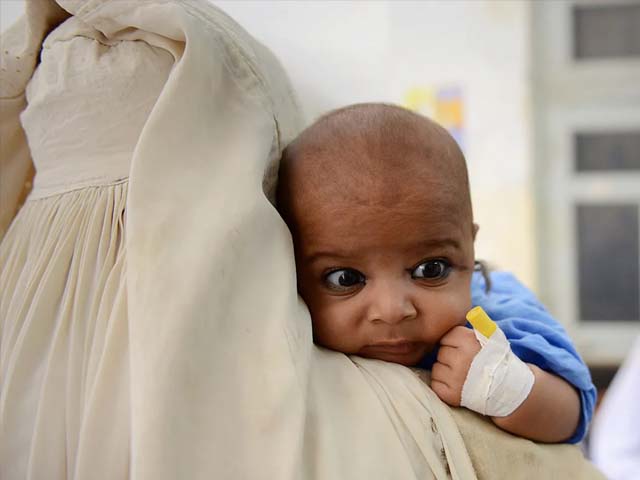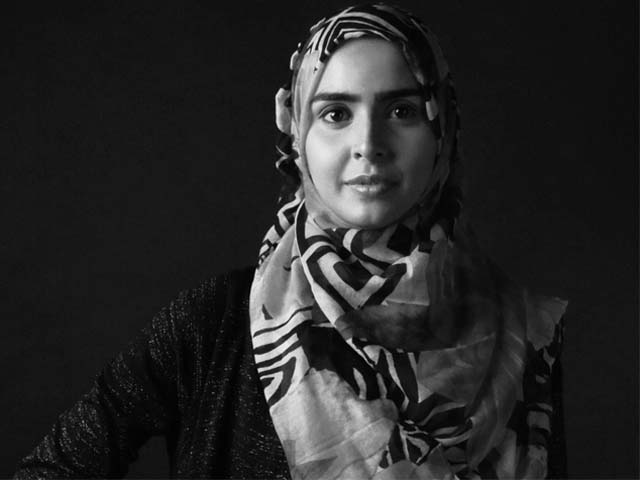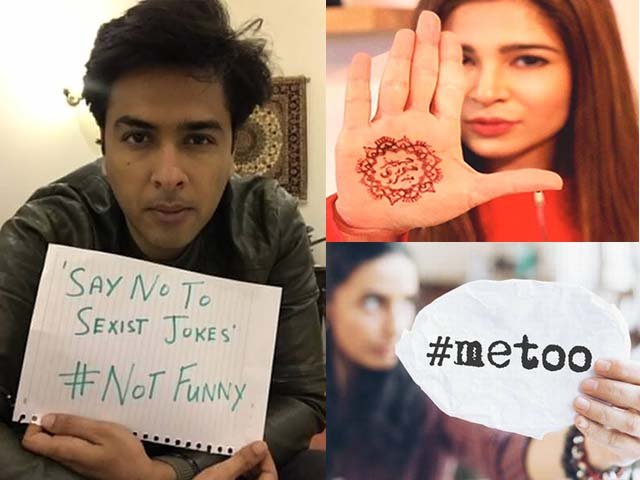
The sin of being a widow in this world
Widows are often considered bad omens and are excluded from all auspicious events.
We live in a country where, when a journalist calls the Chief Minister House and asks if they have any special events for International Widows’ Day, the reply you get from the concerned person is,
“Widows’ Day? Is there one?”
But then, considering two things, Pakistan might not be the only country.
Firstly, it was just four years ago that the United Nations General Assembly declared June 23, 2011, as the first-ever International Widows’ Day, so it is a relatively new event. Secondly, the women being celebrated are on the lowest tier of the social pyramid, and their problems are not given the importance they should get.
There are some 258 million widows across the world. Of these, at least 115 million live in dire poverty and 86 million have been physically abused. If a widow has an average of three children and six other family members, this is an issue that affects nearly one billion people – a seventh of the world’s population.
But how does one even calculate the figures for Pakistan, where a big chunk of the population is not even registered? Registering widows is an even more neglected priority.
So when a woman’s husband dies, what is life like for her? Hellish, in the experience of most widows. There are two major issues that widows face – the falling from grace in terms of social status and inclusion, and economic vulnerability and poverty.
Widows are often considered bad omens and are excluded from all auspicious events. A classic example is only the saat suhaganain (seven married women) being allowed to put henna on the bride’s hands. While things may have started changing in more educated or aware social setups, women still confess that they would not like their sons or brothers to marry widows. Even if the superstition is ignored, another major issue is that widows are flung out by in-laws and they land back in the homes of their fathers or brothers.
If it is married brothers, they are not given the respect and support they deserve. If the widowed woman is not economically empowered or educated, she is in for trouble. Poverty and economic struggles await her. And if she decides to step out to earn for herself and her children as she must, a big bad world awaits her. She remains an easier target of sexual harassment without the proverbial roof over her head, and is often considered easy prey for the predator.
It is not just the widow but also her children and dependents who are affected. The fact that 1.5 million children whose mothers are widowed are expected to die before reaching the age of five says enough. Whatever the husband left behind for her, whether he officially transferred the property in her possession or left behind in the form of inheritance, is often not given to her and the orphan children. Children of widows often have to forgo their education to earn for their families. They are more vulnerable to child labour and human trafficking.
The UN publication Women 2000: Widowhood: Invisible Women, Secluded or Excluded states that,
“In Pakistan, destitute widows are reported to be supported by a small pension or zakat. But, as in India, the allocation system is often corrupt, and the many needy widows are frequently neglected.”
The publication rightly points out that Pakistani widows are often deprived of their rightful inheritance by a male relative.
A major chunk of widows remain elderly. A visit to the Edhi home or any centre for homeless women shows how these elder women are ostracised from society. However, increasing incidence of armed conflict and acts of terrorism in Pakistan have resulted in many young women also being widowed and displaced. Many security personnel lose their lives owing to the violence and strife. While they are promised compensation, it is not enough.
On one hand, rights of widows need to be brought to the fore on all forums. Awareness needs to be raised regarding their plight. But most importantly, the young women of this nation need to be self-empowered enough to be able to support themselves and command the respect they deserve if they find themselves in such a situation.




COMMENTS (8)
Comments are moderated and generally will be posted if they are on-topic and not abusive.
For more information, please see our Comments FAQ